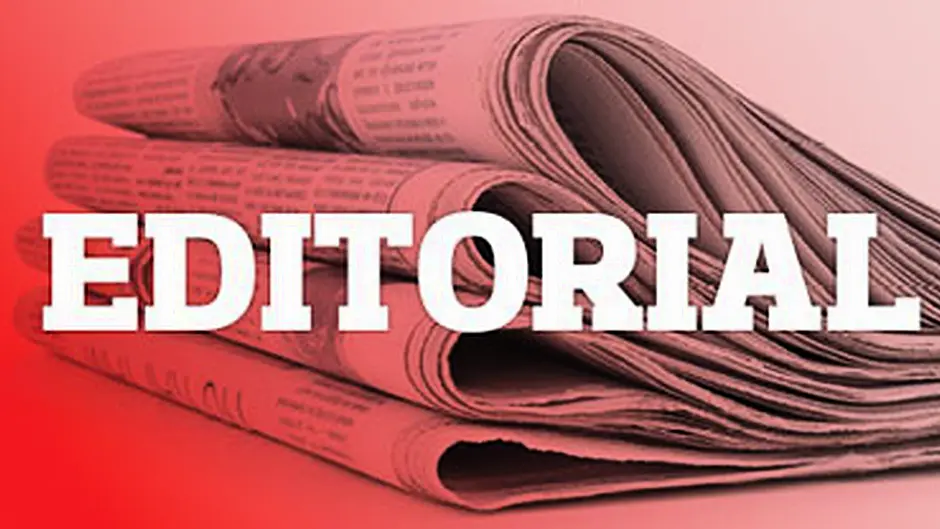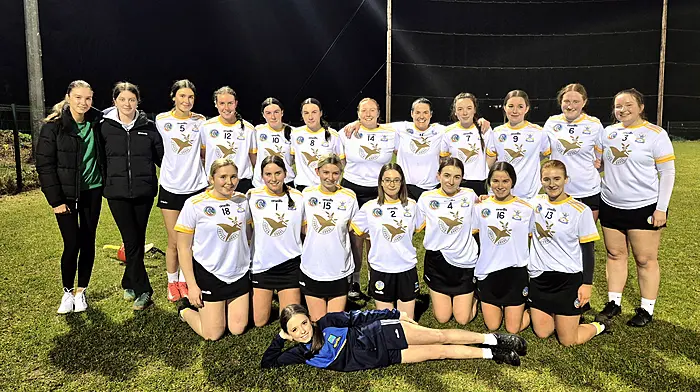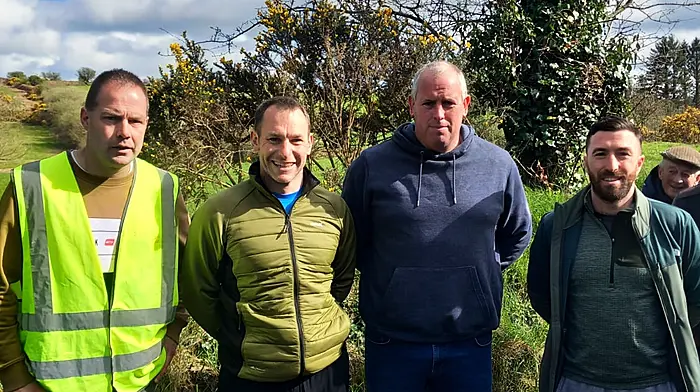And so we are back here again. Christmas is coming and the figures are getting fat.
This virus has a really wicked sense of timing.
Just as we are getting to a place where we feel we can relax, it comes back with a vengeance.
It’s not like we haven’t been playing ball.
We have – by and large – followed all the guidelines, played by the rules, employed all the weapons at our disposal and, as we keep telling ourselves at length, we are among the best in the world for taking our vaccinations without complaint.
And yet, here we go again. Our busiest time of year for socialising is tantalisingly close and we are all taking one step back, in the hope that we can take two steps forward again soon.
But the warnings are there: if we can’t get an improvement on the figures in the coming weeks, we will be taking those few more steps backwards, before we can all relax again.
There is no doubt that a sense of weariness and exhaustion has befallen the population at large.
But however tired the majority of the population feels, it’s hard to even contemplate how exhausted our frontline services must be feeling.
The stories told by nurses in just one hospital – Mayo University Hospital – are probably not far from the stories of so many other medical centres of excellence around the country.
But it’s difficult to be a centre of ‘excellence’ when there are 107 nursing and midwifery posts left vacant, at a time when many other staff are on sick leave, or just purely burnt out.
The Mayo staff spoke this week of not being able to take their breaks – even toilet breaks, for hours – never mind not being able to take holidays.
One woman, close to tears, explained the conditions and the long hours to a reporter, before saying she had to leave the protest at the hospital gates, and return to her shift inside – because, of course, there were patients to be looked after.
That is the mettle of the men and women of our health service. Despite decades of having their roles downplayed, and the organisations they work for being under-resourced and diminished, they have stuck with their vocation. A vocation that will not allow them abandon anyone – no matter what the cost to themselves.
In fairness to MUH’s management, they said they had tried to fill the vacant positions, with extensive recruitment drives, but to no avail.
And that is not news to anyone keeping an eye on the ongoing issues being raised by various medical organisations and representative bodies in recent years.
It is not so much a case of there not being a willingness to resource the HSE – but that the poor remuneration and conditions have kept a lot of good talent from its doors.
Unless you were an alien recently landed in Ireland, you would not be running to join our health service if you had other options – especially abroad – to fall back on.
And so the blame must lie with successive governments who saw our health service as an easy target for cutbacks and ‘streamlining’ and ‘centralising’, without ever foreseeing that one major setback could have disastrous consequences on an under-funded system.
That lack of foresight has now come back to haunt us. Decades of poor planning and cutting corners has left us all hugely vulnerable.
A dramatic rise in figures would not have concerned a country with an adequately resourced health system. The issue is not with the numbers of cases, it is with the poor numbers of ICU beds, staff shortages and an already overworked system.
Experts tell us there are most likely more pandemics to come.
Now is the time for our governments to discover some of that foresight that has been poorly lacking for so long.










